Every gardener dreams of a garden where lush greenery thrives, flowers bloom with vibrant colors, and pests stay far away. Surprisingly, this dream can come true with a simple household ingredient: salt. While salt is primarily known for its role in seasoning food, it has an amazing array of applications in your garden, from serving as a weed and grass killer to compost accelerator.
So, put away your preconceptions and prepare to be amazed by the unconventional uses of salt that can turn your garden into a thriving oasis.
1. Weed And Grass Killer
Salt is a formidable foe against weeds, especially for unwanted plants like poison ivy. It is suggested to sprinkle it between the cracks in your garden path or driveway to deter unwanted vegetation. A mixture of salt and vinegar can also be sprayed directly on weeds to send them packing. When you want to clear a patch of grass to expand your garden, do the same. This method can be especially useful for areas where you plan to establish a new garden bed.
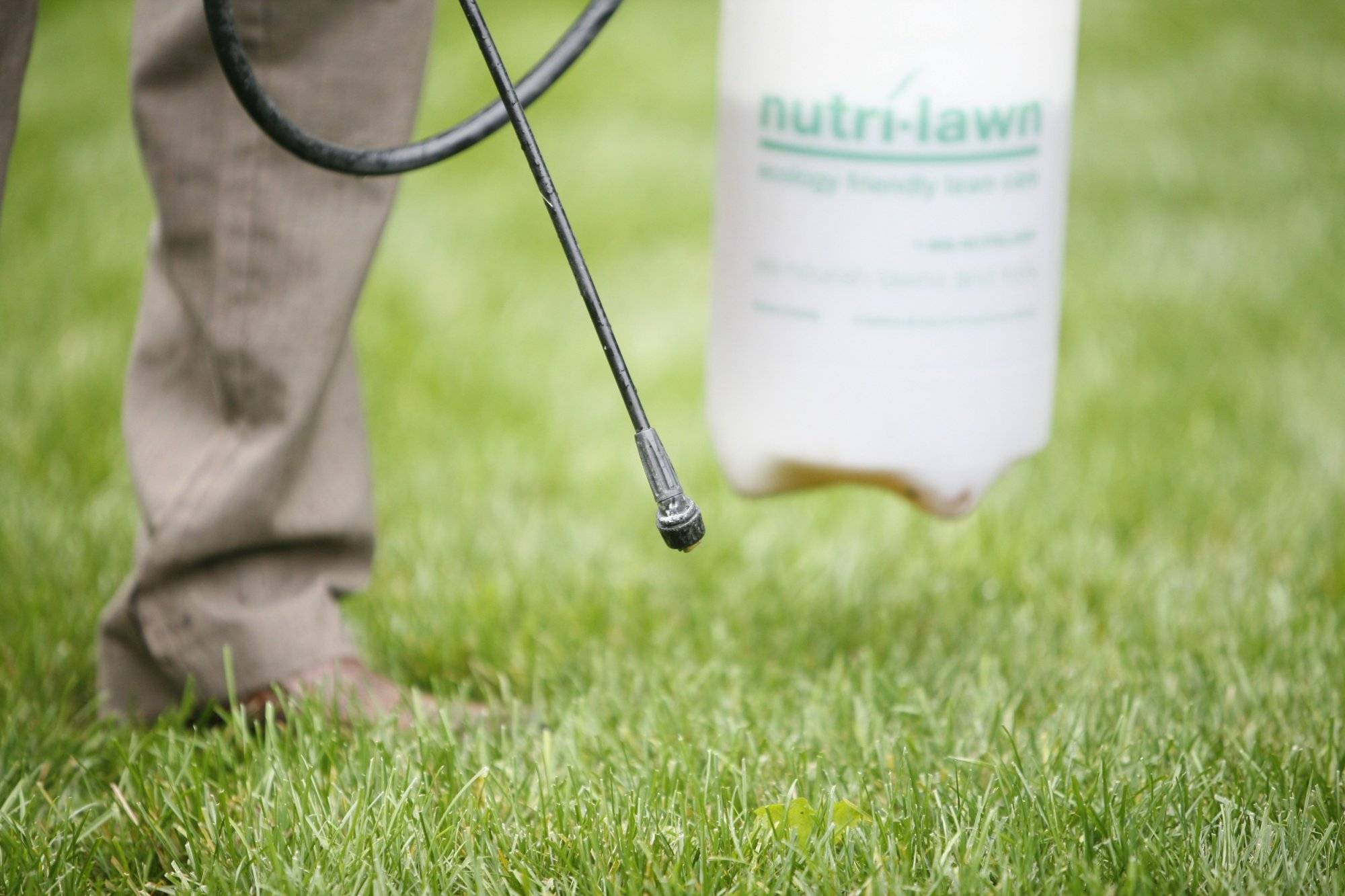
2. Pest Control
Salt doubles as a non-toxic pest repellent. Create a salt barrier around sensitive plants to deter slugs and snails. A salt spray can also keep aphids, ants, and spider mites at bay. This creates a hostile environment for these organisms and prevents harmful insects and animals from damaging your plants.
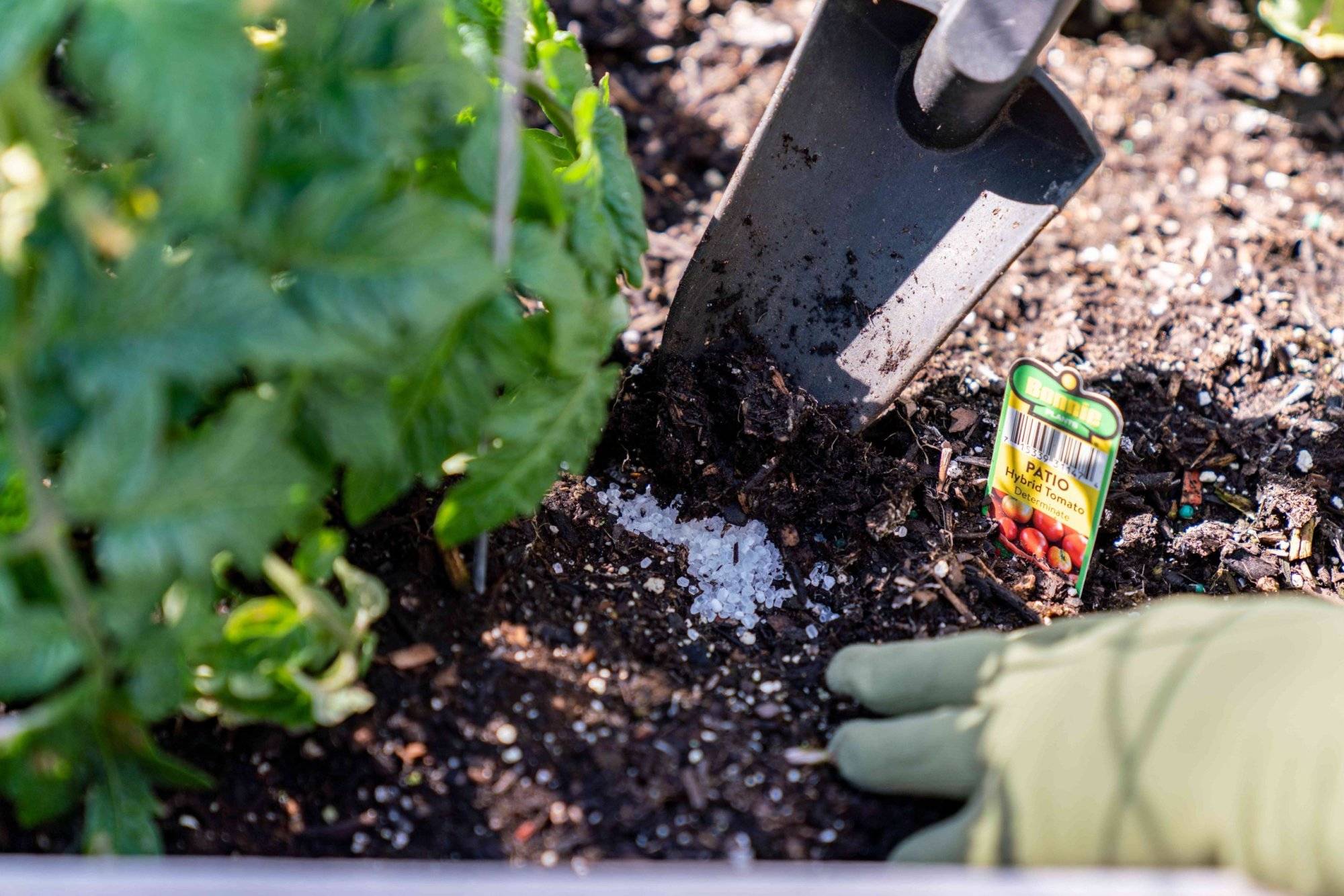
3. Soil Restoration
If your garden soil has been infiltrated by stubborn weeds or grass, salt can help reclaim it. Spread a layer of salt to sterilize the soil, making it easier to replant.
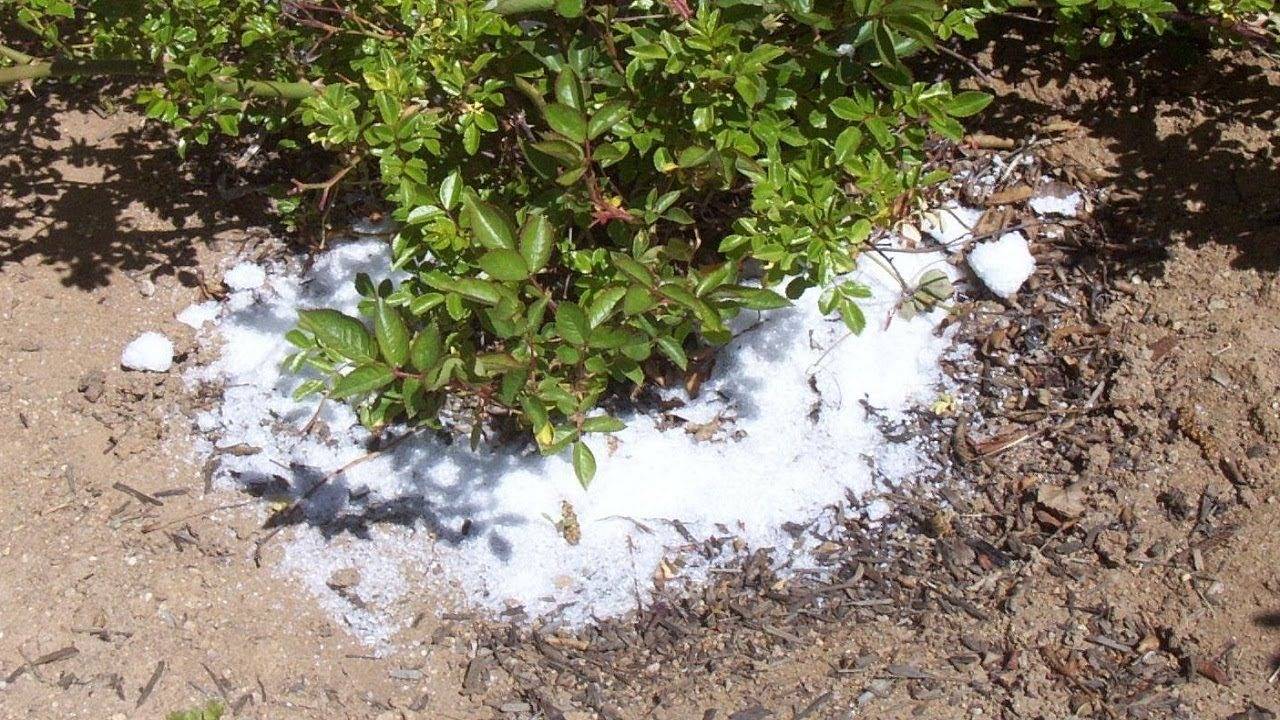
4. Rust Remover
For garden tools or decorative pieces that have fallen victim to rust, salt comes to the rescue. Create a paste by mixing salt and lemon juice or vinegar, and apply it to the rusty areas. Scrub gently, and watch the rust vanish.
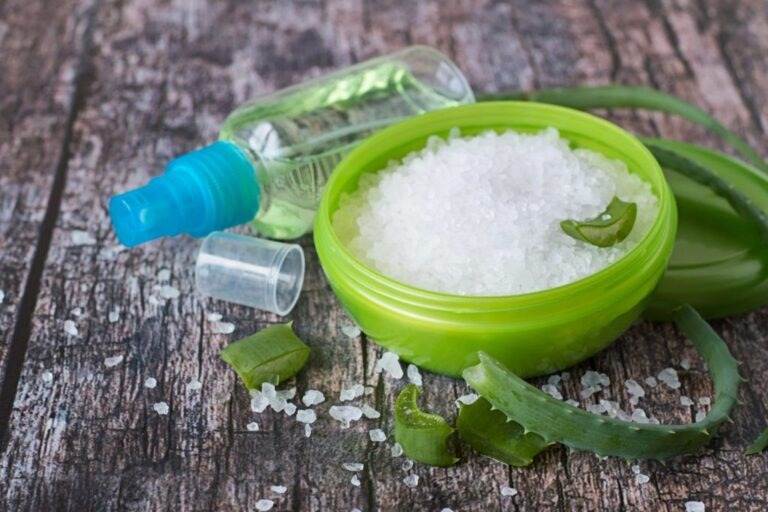
5. Slime-Buster
Slimy algae can plague ponds and birdbaths. Luckily, you can control it by adding a pinch of salt. Be cautious not to overdo it, as too much salt can harm aquatic life.
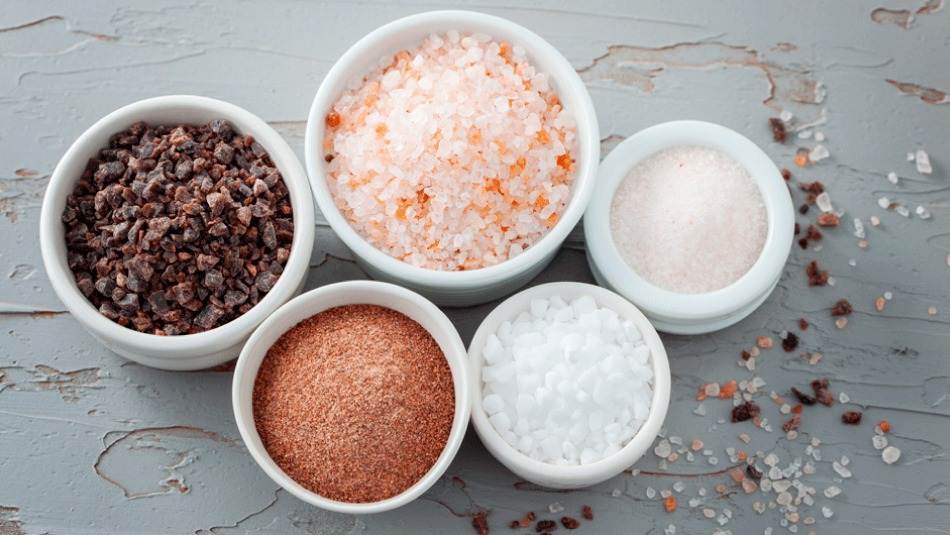
6. Improve The Soil
Salt can help improve the soil’s magnesium levels, which is an essential nutrient for plants. However, most soils already have enough magnesium, and adding too much salt can harm the soil and the plants. You should only use this method when your soil is tested and proven to be deficient.
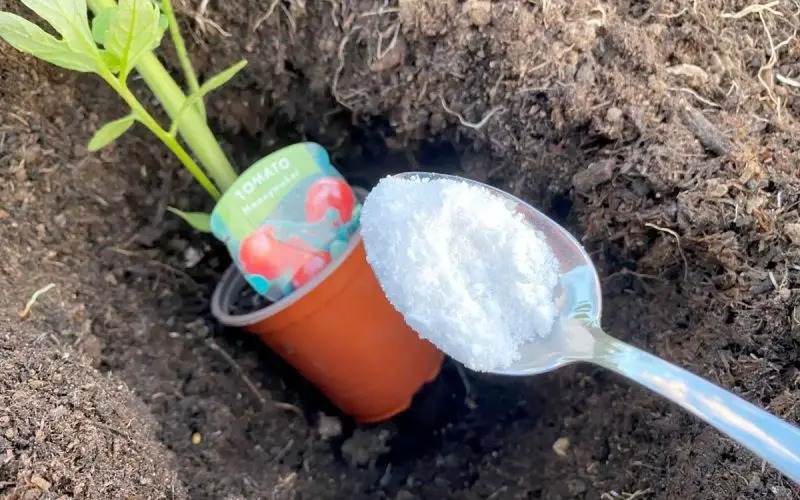
7. Compost Accelerator
Salt can help break down organic matter in your compost pile, speeding up the decomposition process.
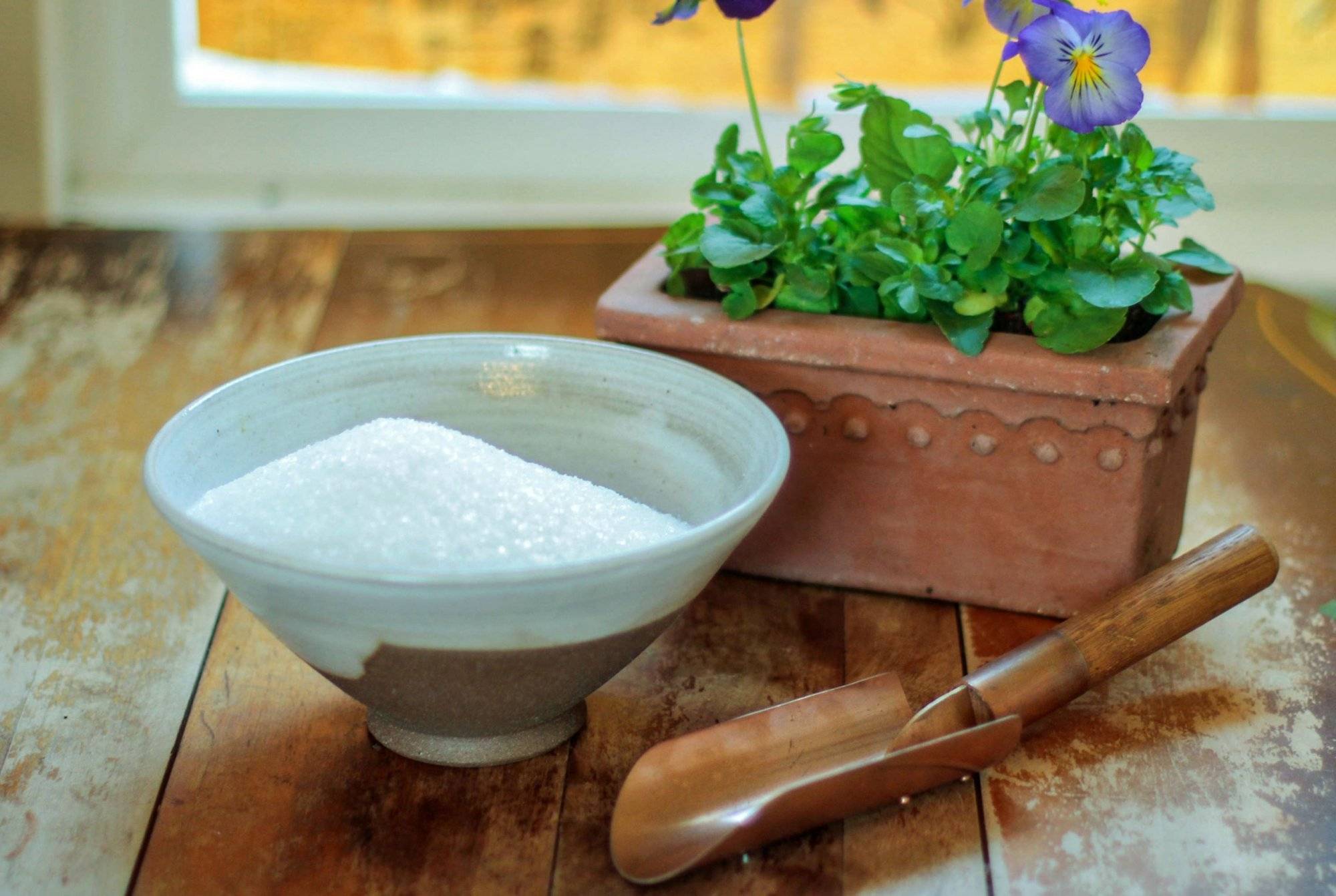
8. Cleaning Garden Tools
Salt can help remove dirt and grime from your gardening tools. Mix it with water to create a cleaning solution. However, you should be careful not to use too much salt, as it can also corrode the metal and damage the tools.
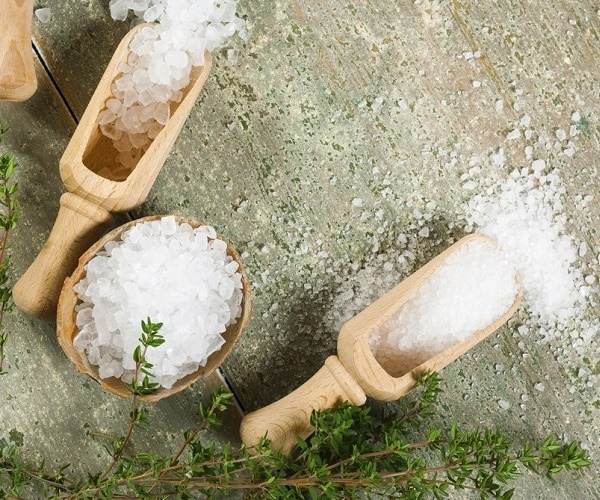
In your quest for a thriving, pest-free garden, don’t overlook the mighty powers of salt. While it’s essential to use salt judiciously, incorporating it into your gardening routine can yield surprisingly beneficial results. So, go ahead, embrace the salty secret, and watch your garden flourish in unexpected ways.
